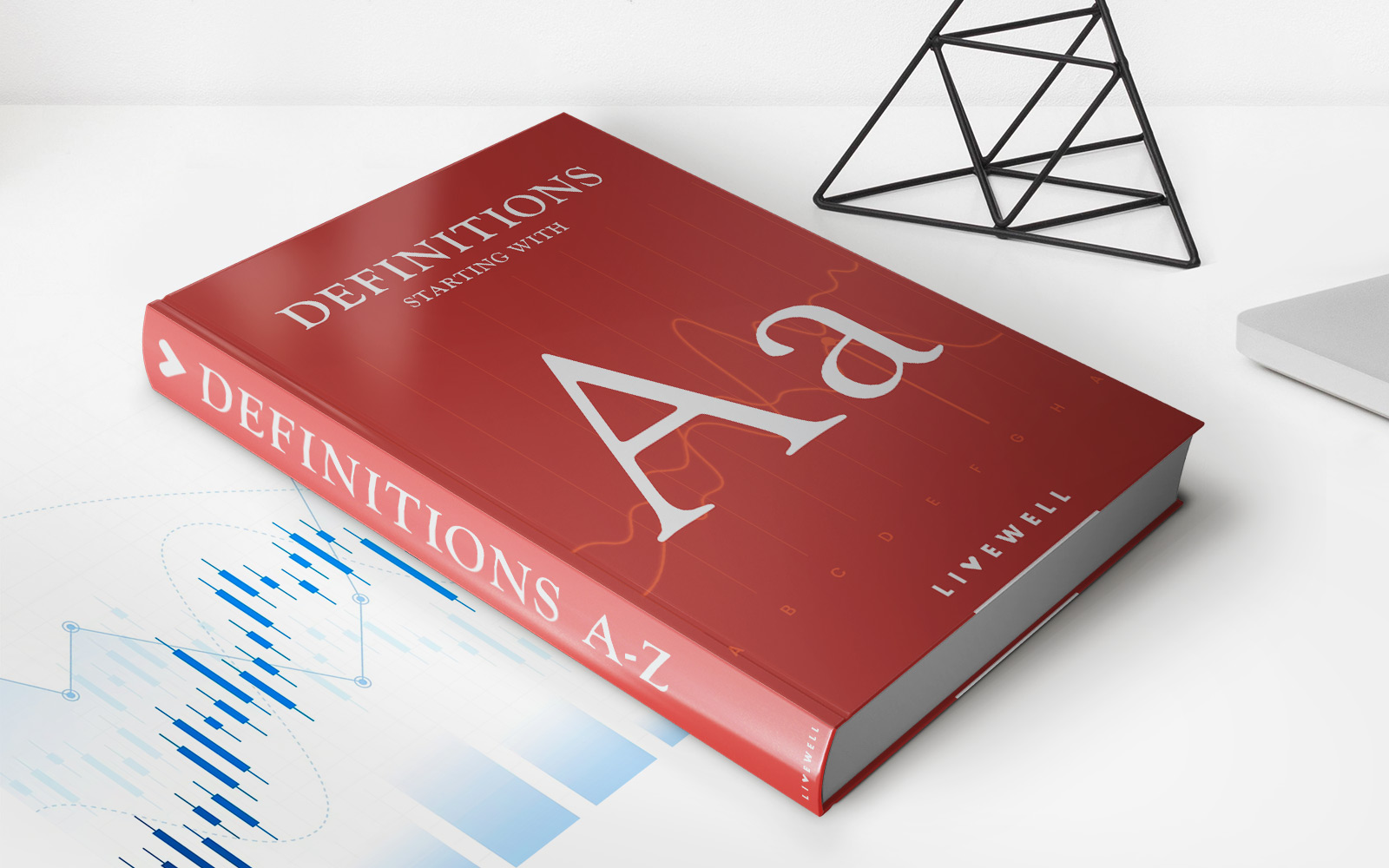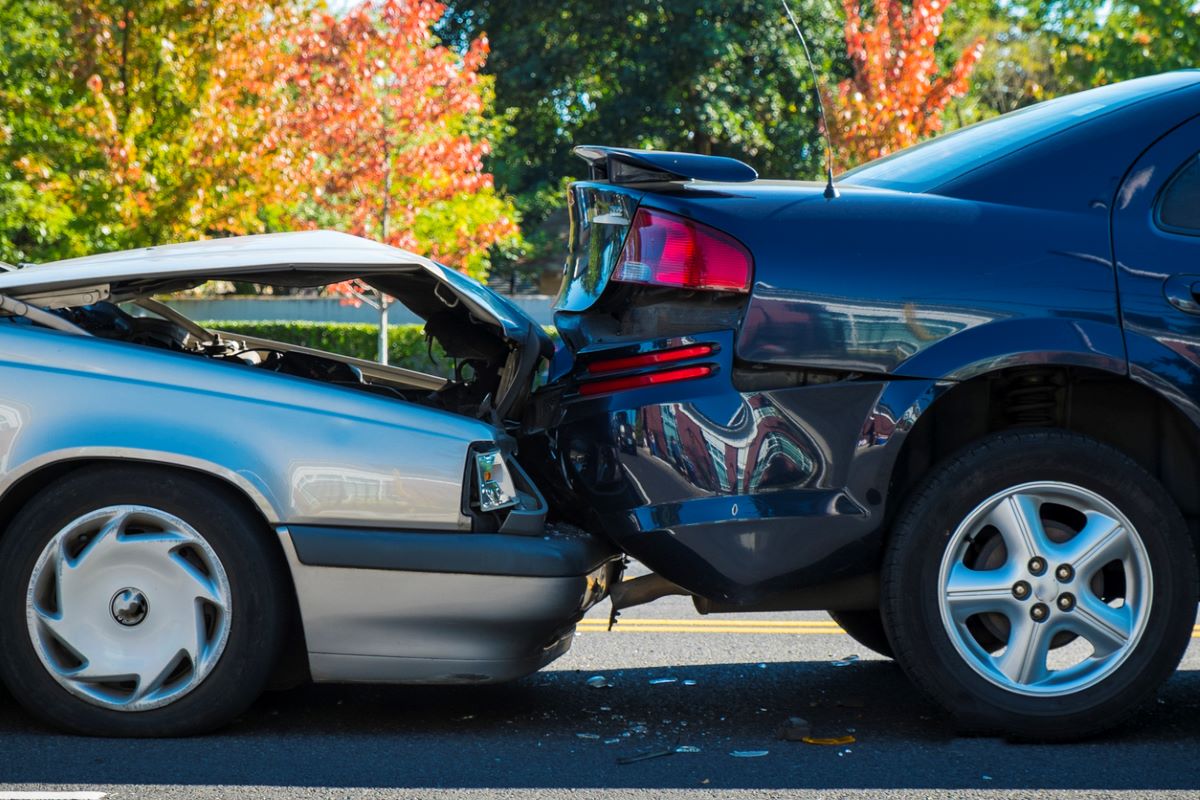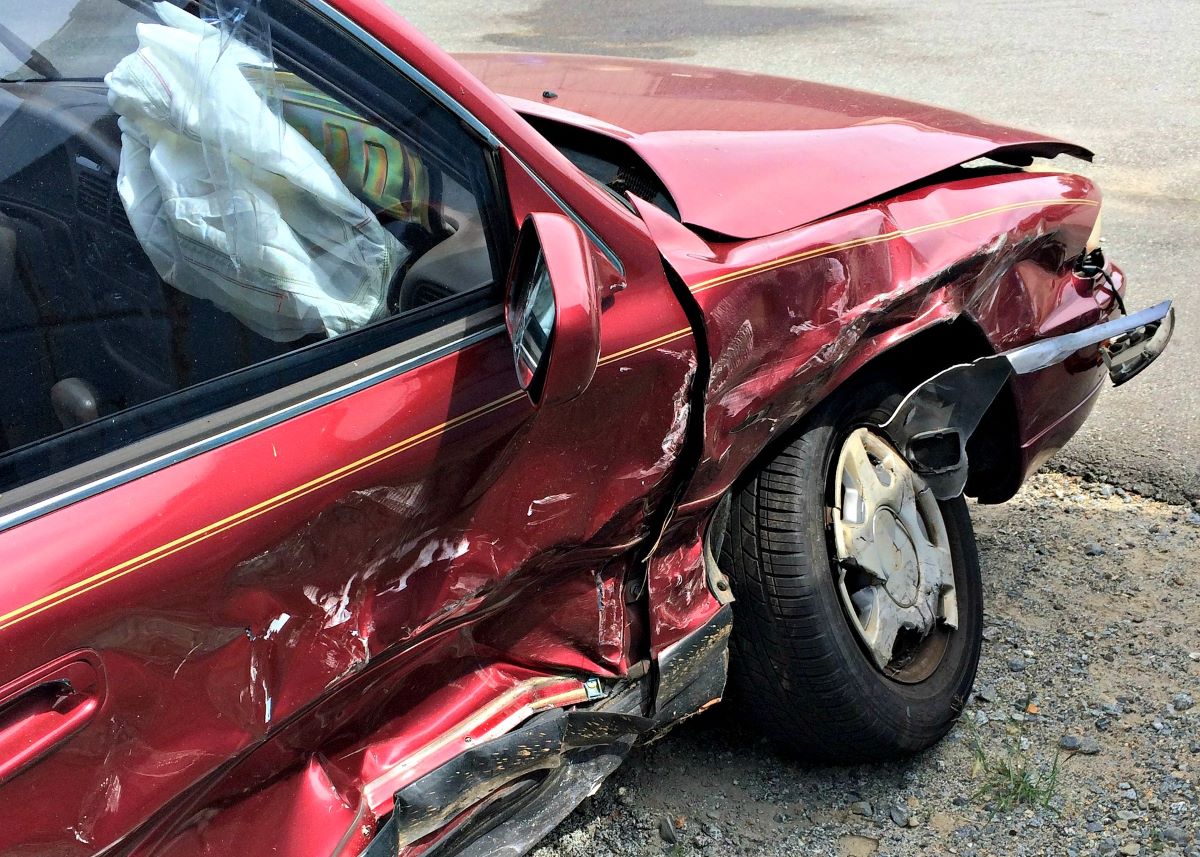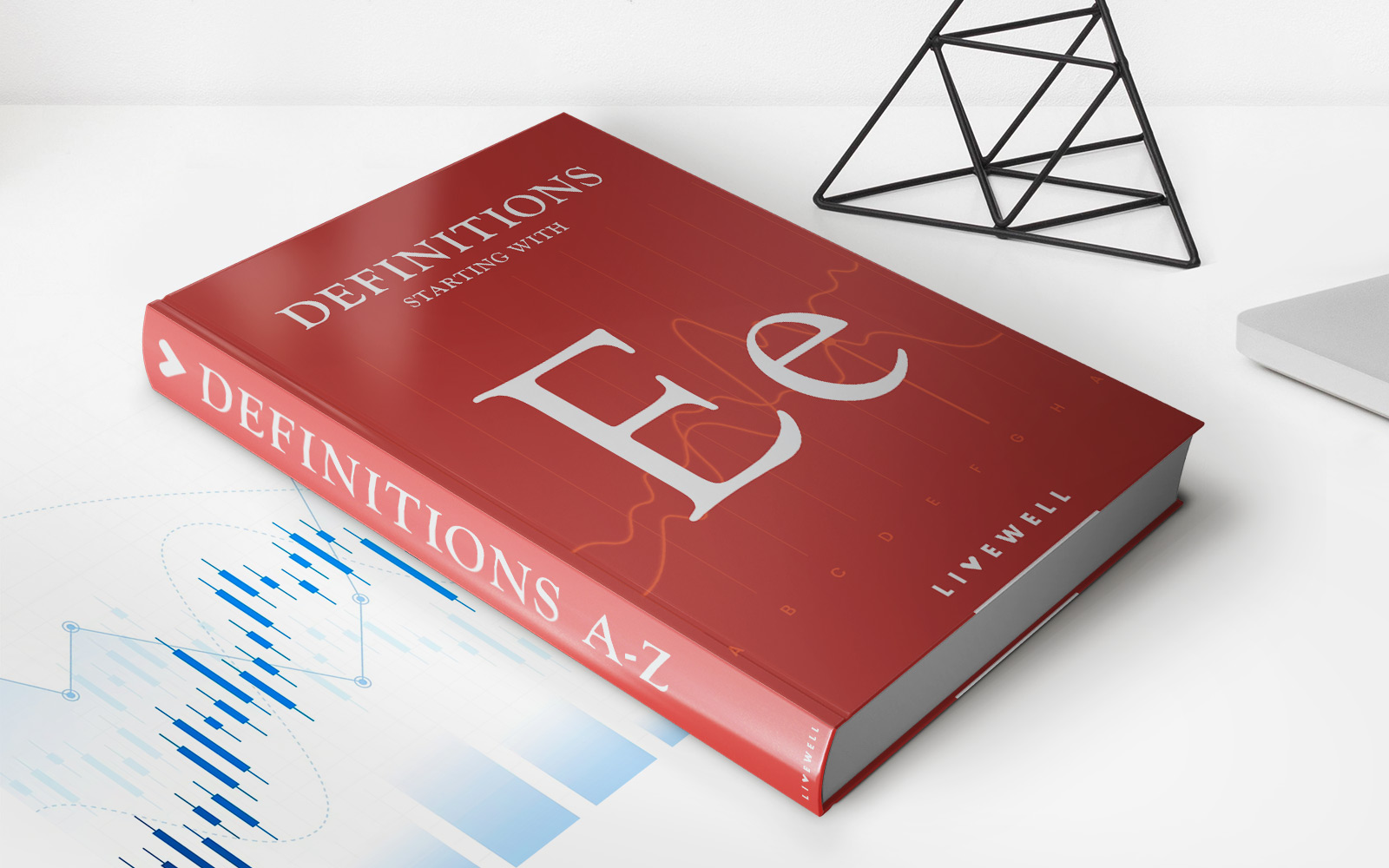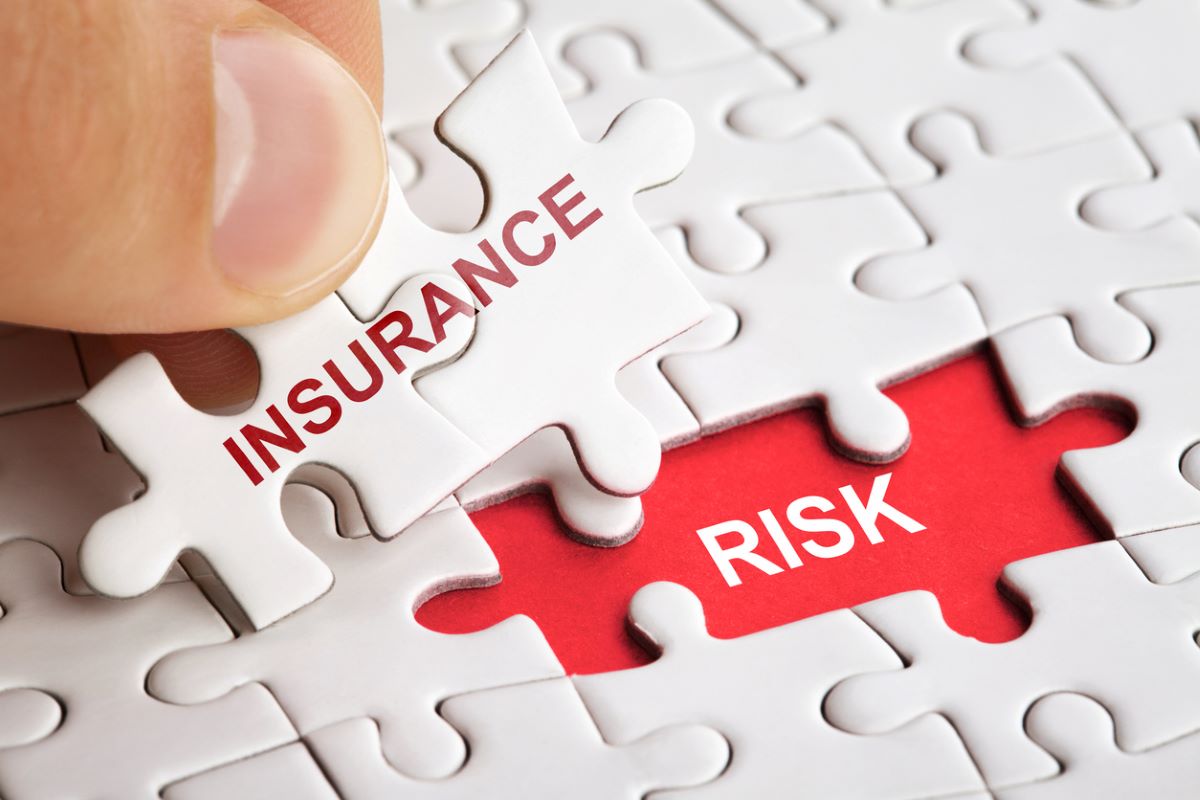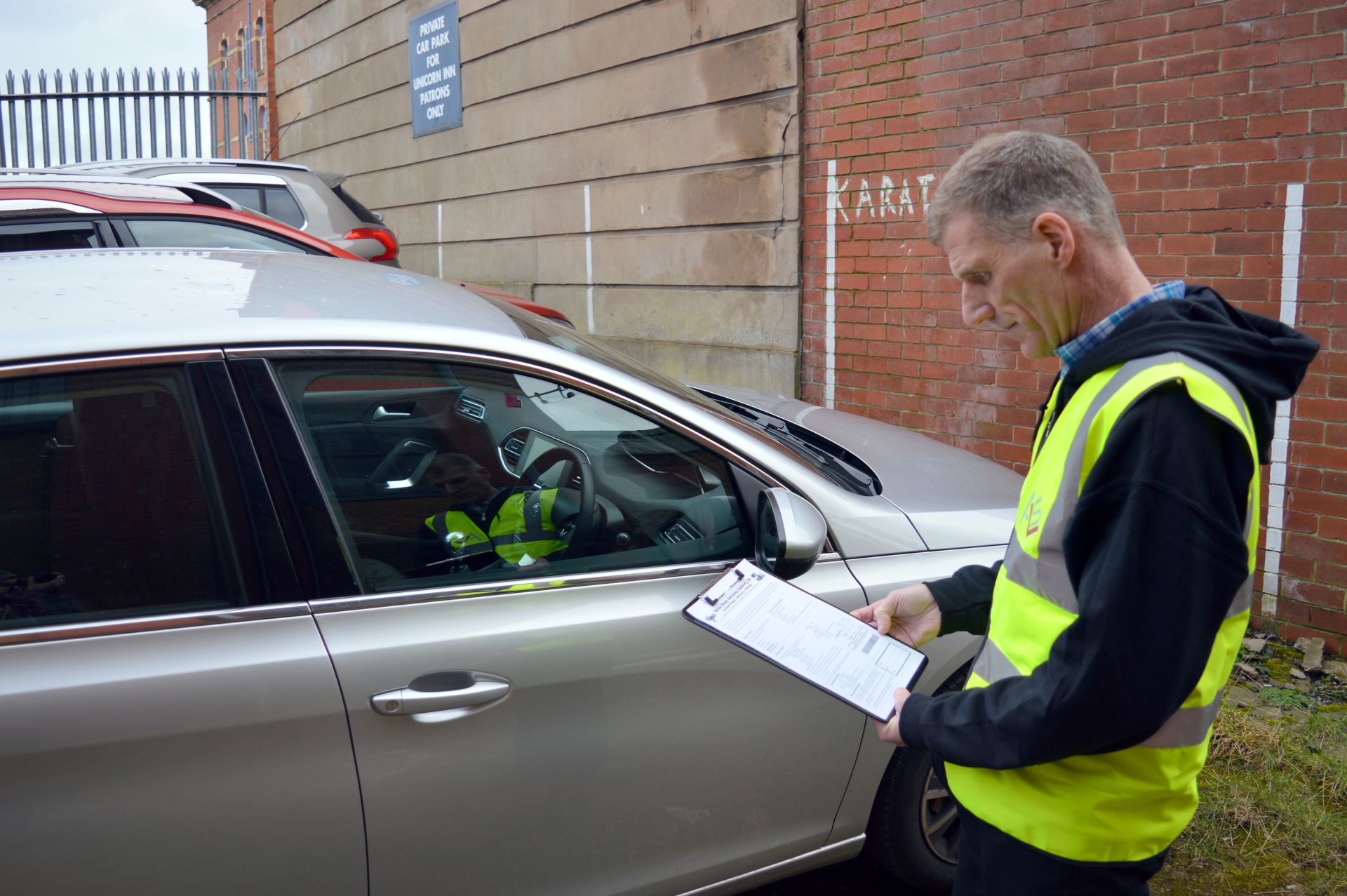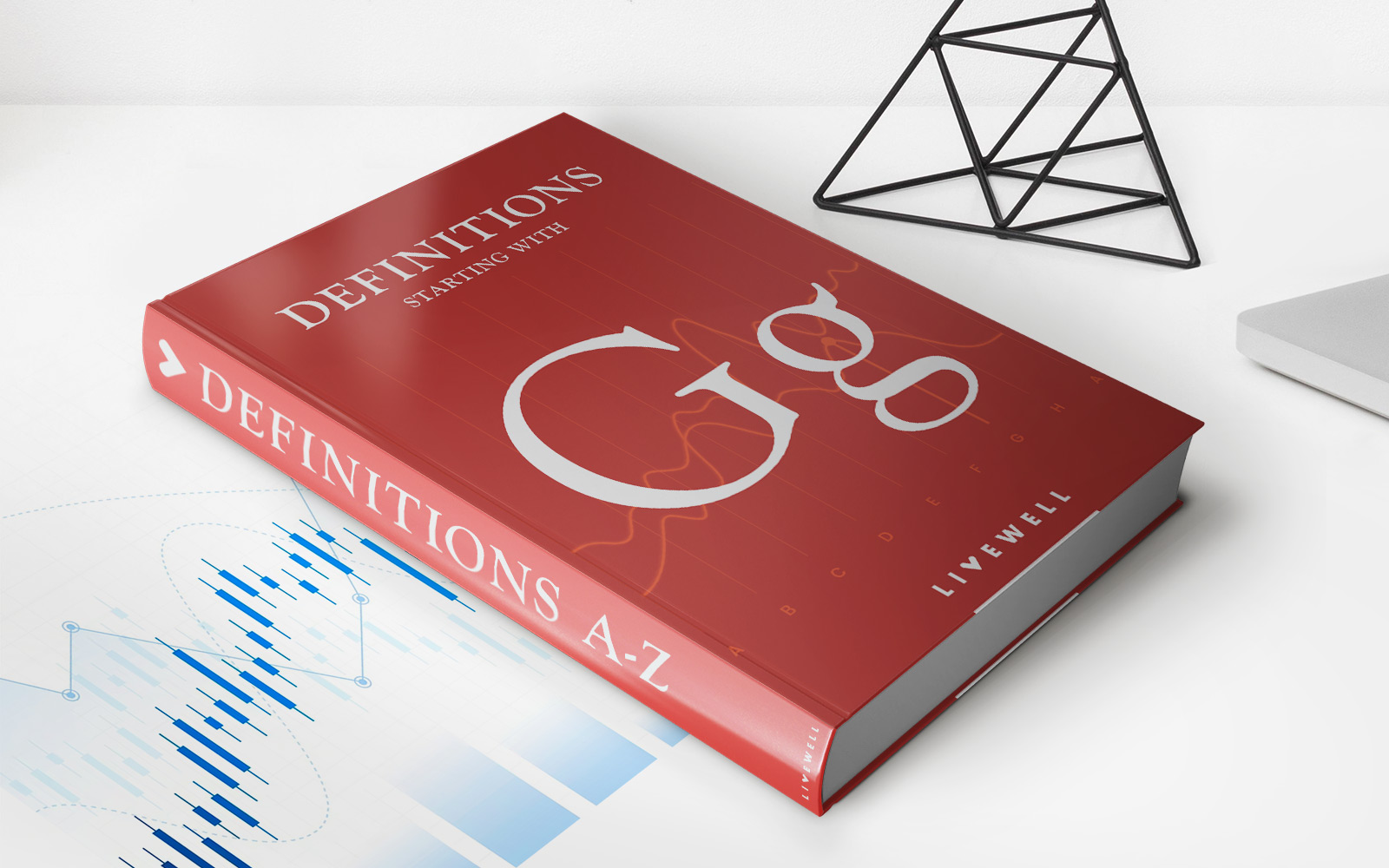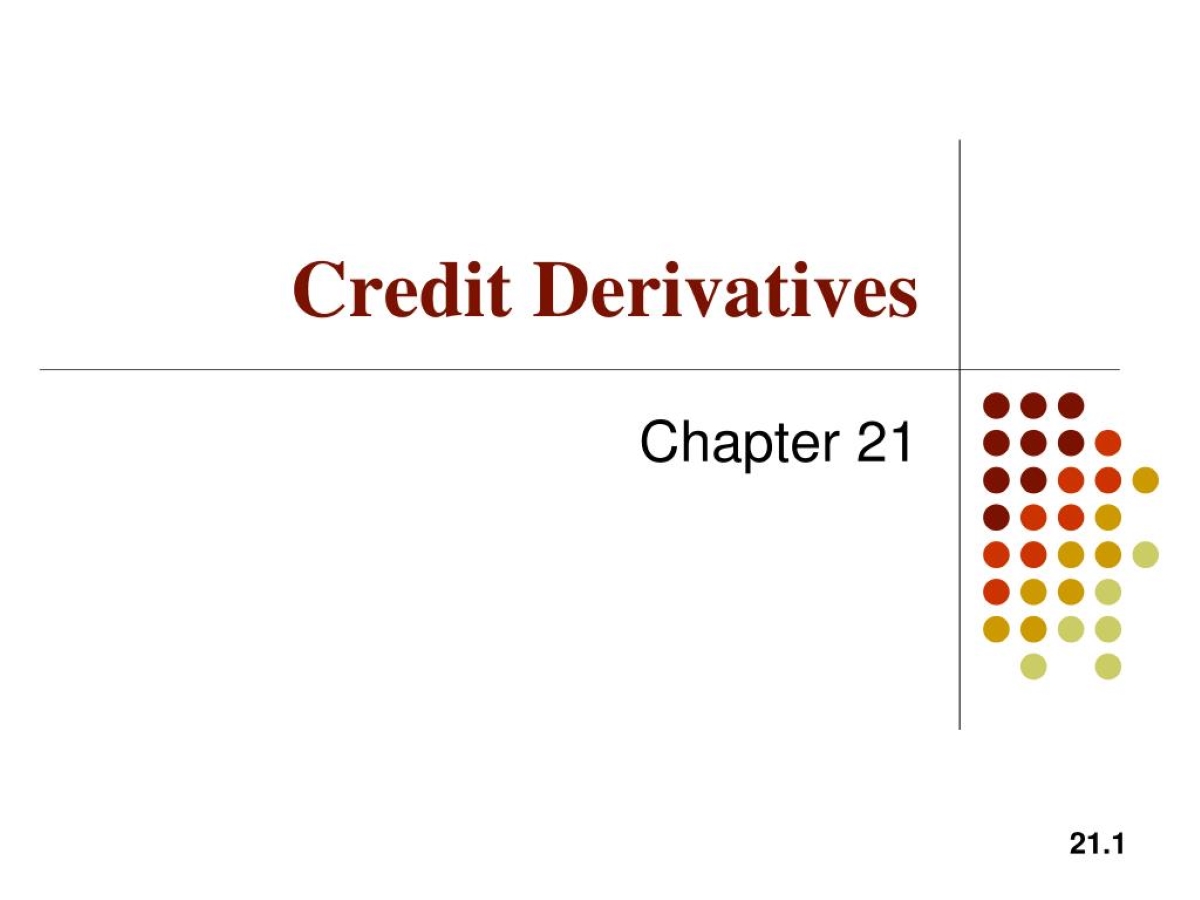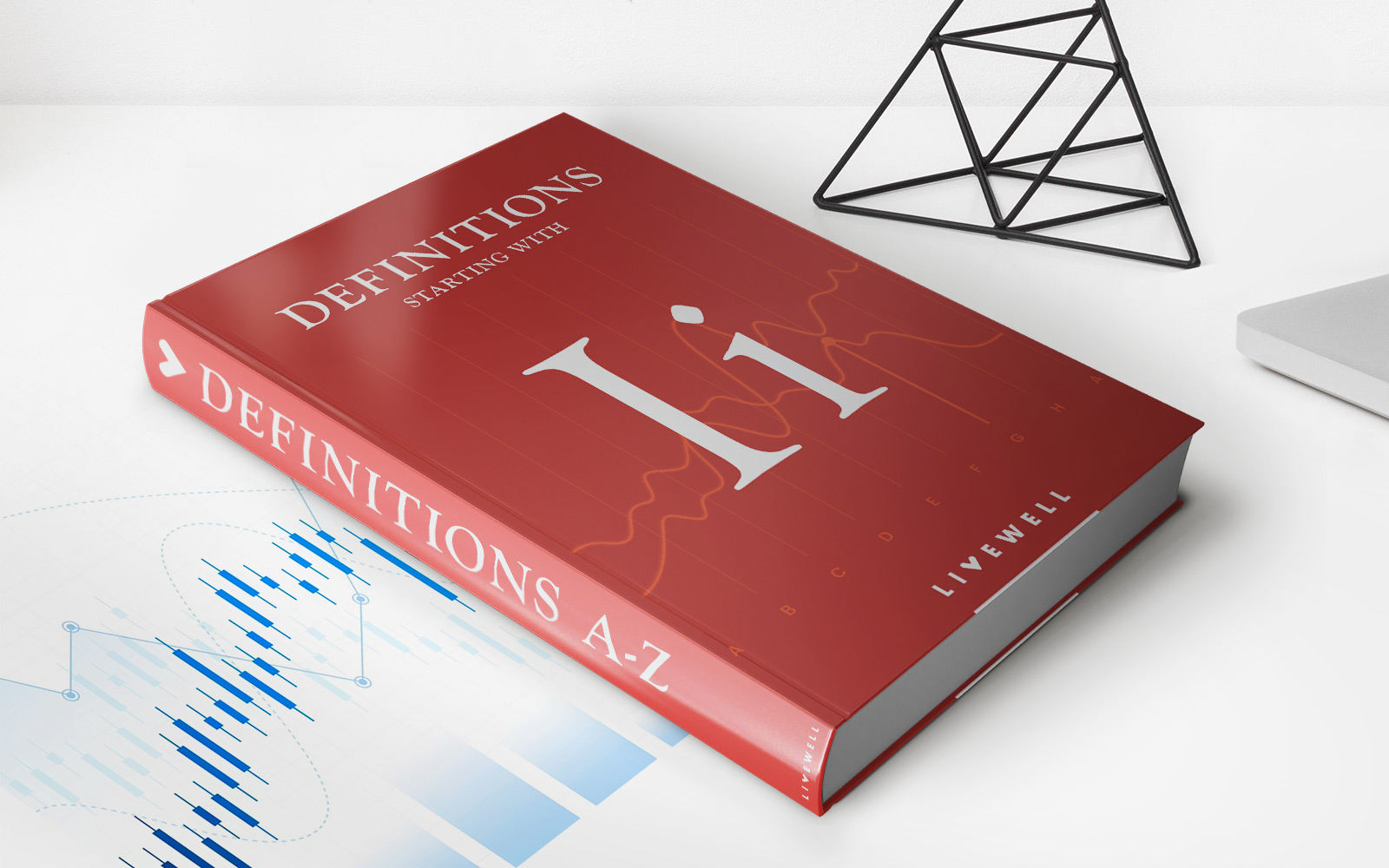

Finance
What Is Car Excess Insurance
Modified: December 30, 2023
Get peace of mind with car excess insurance. Protect your finances and avoid unexpected costs with our comprehensive coverage options.
(Many of the links in this article redirect to a specific reviewed product. Your purchase of these products through affiliate links helps to generate commission for LiveWell, at no extra cost. Learn more)
Table of Contents
Introduction
Welcome to the world of car excess insurance! If you’ve ever rented a car or had to file an insurance claim after an accident, you may have come across the term “car excess insurance.” But what exactly is car excess insurance and why is it important?
Car excess insurance, also known as car rental excess insurance or collision damage waiver, is a type of insurance that protects you from the excess charges associated with your rental car or your personal car insurance claim. It is designed to cover the cost of the excess amount that you would be required to pay out of pocket in the event of an accident, theft, or damage to the rental car or your own vehicle.
When you rent a car, the rental company typically includes a basic level of insurance coverage. However, this coverage often comes with a high excess amount, which is the portion of the repair costs that you are responsible for in case of any damage or loss. This excess amount can range from a few hundred to a few thousand dollars, depending on the rental company and the type of car.
Imagine this scenario: You rent a car for a weekend getaway and unfortunately, you end up with a dent on the car door. The repair cost amounts to $1,500, and the rental company has an excess amount of $1,000. Without car excess insurance, you would have to pay $1,000 out of pocket while the insurance covers the remaining $500. However, if you had car excess insurance, it would cover the entire $1,000 excess amount, saving you a significant financial burden.
Car excess insurance is not only limited to rental cars. It can also be applied to your personal car insurance policy. In some cases, car insurance policies have a deductible or excess amount that you need to pay before the insurance coverage kicks in. With car excess insurance, you can protect yourself from these excess charges and potentially save a substantial amount of money.
In the next sections, we will delve deeper into how car excess insurance works, its benefits, different types available, factors to consider before purchasing, and how to obtain it.
What is Car Excess Insurance?
Car excess insurance, also known as car rental excess insurance or collision damage waiver, is a type of insurance that provides coverage for the excess amount you would be required to pay out of pocket in the event of damage, theft, or an accident involving a rental car or your own vehicle.
As mentioned earlier, when you rent a car, the rental company usually includes a basic level of insurance coverage. However, this coverage often comes with a high excess amount, which can put a significant financial burden on you if any damage occurs to the rental car. Car excess insurance acts as a safeguard by covering the excess charges that you would otherwise have to pay.
Car excess insurance can also be applicable to your personal car insurance policy. Many car insurance policies have a deductible or excess amount that you are required to pay before the insurance coverage kicks in. By purchasing car excess insurance, you can protect yourself from these excess charges and potentially save a substantial amount of money in the event of an accident or damage to your own vehicle.
Car excess insurance typically covers various scenarios, including collisions, theft, vandalism, and damage caused by natural disasters. However, it’s essential to carefully review the policy details to understand the specific coverage and exclusions.
It’s important to note that car excess insurance is different from primary car insurance coverage. It is designed to cover the excess charges, while primary car insurance provides coverage for the full cost of repair or replacement, up to the policy limits.
Many people opt to purchase car excess insurance to have peace of mind and protect themselves from potential financial burdens that may arise in case of an accident or damage. It is an additional layer of protection that can save you from unexpected out-of-pocket expenses and provide a sense of security when renting a car or filing an insurance claim.
Now that you understand what car excess insurance is, let’s explore how it works and the benefits it offers.
How Car Excess Insurance Works
Car excess insurance operates as an additional layer of coverage on top of your existing car insurance or the insurance provided by the rental company. Here’s how it typically works:
- Purchase Car Excess Insurance: You can purchase car excess insurance from various providers, including insurance companies, rental agencies, or specialized online platforms. It’s important to compare different policies and choose one that suits your needs.
- Policy Coverage and Limits: When purchasing car excess insurance, you will need to choose the coverage and policy limits that best align with your requirements. The excess amount covered by the policy will depend on your chosen coverage level.
- Car Rental or Insurance Claim: When you rent a car or file an insurance claim, you will be liable for the excess amount in case of any damage, theft, or accident. This means that you will need to pay this excess amount out of pocket.
- Submit a Claim: If an incident occurs that requires you to pay the excess amount, you can submit a claim to your car excess insurance provider. This will involve providing relevant documentation, such as the rental agreement or insurance claim details.
- Claim Approval and Reimbursement: Once your claim is approved, the car excess insurance provider will reimburse you for the excess amount that you had to pay. The reimbursement can be in the form of a direct payment or a credit towards future premiums, depending on the terms of your policy.
It’s important to note that car excess insurance typically has certain exclusions and limitations. These may include pre-existing damage, reckless driving, driving under the influence of alcohol or drugs, and damage caused by unauthorized drivers. Therefore, it’s essential to thoroughly review your policy to understand the specific coverage and any conditions that may apply.
It’s also worth mentioning that car excess insurance does not cover the full cost of repairs or replacement. It only covers the excess amount up to the policy limits. If the total repair or replacement cost exceeds the policy limits, you may still be responsible for paying the remaining amount.
Now that we’ve explored how car excess insurance works, let’s discuss the benefits it offers and why you should consider purchasing it.
Benefits of Car Excess Insurance
Car excess insurance offers several benefits that can provide you with peace of mind and financial protection. Here are some key advantages of having car excess insurance:
- Cost Savings: One of the primary benefits of car excess insurance is cost savings. In the event of an accident, theft, or damage, you would typically be responsible for paying the excess amount out of pocket. Car excess insurance covers this excess amount, saving you from a potentially significant financial burden.
- Protection Against High Excess Charges: Rental car companies often have high excess charges that can range from a few hundred to several thousand dollars. With car excess insurance, you can protect yourself from these high excess charges and avoid depleting your savings in case of an unfortunate event.
- Peace of Mind: Knowing that you have car excess insurance provides peace of mind when renting a car or driving your own vehicle. It eliminates the worry of having to pay a large sum of money in case of an accident, theft, or damage.
- Flexibility: Car excess insurance offers flexibility in choosing the coverage level and policy limits that best suit your needs. You can customize your policy based on your preferences and budget.
- Extended Coverage: Car excess insurance may provide coverage for scenarios that may not be included in your primary car insurance policy, such as damage caused by natural disasters, theft, or vandalism. This extended coverage can enhance your overall protection.
- Convenience: Having car excess insurance eliminates the need to negotiate with rental companies or worry about the excess charges during the rental process. It streamlines the process and allows you to focus on enjoying your trip without financial concerns.
It’s important to consider these benefits when deciding whether to purchase car excess insurance. While it may seem like an additional expense, the potential cost savings and peace of mind it provides can outweigh the upfront investment.
Next, we will explore the different types of car excess insurance available and factors to consider before purchasing a policy.
Types of Car Excess Insurance
Car excess insurance comes in different types, each catering to specific needs and situations. Understanding these types can help you choose the right coverage for your requirements. Here are the most common types of car excess insurance:
- Single Trip Car Excess Insurance: This type of car excess insurance provides coverage for a specific trip or rental period. It is ideal if you only need coverage for occasional rentals or short trips.
- Annual Car Excess Insurance: Annual car excess insurance offers coverage for an entire year, regardless of the number of trips or rentals you make. It provides ongoing protection and is suitable for frequent travelers or those who frequently rent cars.
- Domestic Car Excess Insurance: Domestic car excess insurance covers rentals within your home country. This type of coverage is beneficial if you primarily rent cars domestically and do not require international coverage.
- International Car Excess Insurance: International car excess insurance extends coverage to rentals outside of your home country. If you frequently travel abroad and rent cars in different countries, this type of coverage ensures you are protected wherever you go.
- Personal Car Excess Insurance: Personal car excess insurance provides coverage for the excess amount on your personal car insurance policy. It protects you from having to pay the deductible or excess charges in case of damage, theft, or accidents involving your own vehicle.
When choosing the type of car excess insurance, consider your travel or rental habits, whether you primarily rent domestically or internationally, and how often you require coverage. It’s important to review the policy terms and limitations to ensure you understand what is covered and any exclusions that may apply.
Additionally, some car excess insurance policies may offer optional add-ons or upgrades that provide extra protection. These can include coverage for additional drivers, roadside assistance, personal accident coverage, and more. Assess your specific needs and budget to determine whether any additional benefits are worth considering.
Now that you are familiar with the different types of car excess insurance, let’s discuss some important factors to consider before purchasing a policy.
Factors to Consider Before Purchasing Car Excess Insurance
Before purchasing car excess insurance, it’s important to consider several factors to ensure you make an informed decision. Here are some key factors to consider:
- Policy Coverage: Review the coverage provided by the car excess insurance policy. Understand what is covered, such as accidents, theft, vandalism, and damage caused by natural disasters. Additionally, be aware of any exclusions or limitations that may apply.
- Policy Limits: Check the policy limits, which determine the maximum amount that the car excess insurance will cover. Ensure that the limits are sufficient to protect you in case of significant damage or loss.
- Cost: Consider the cost of the car excess insurance premium. Compare quotes from different providers to find a policy that offers the right balance between coverage and affordability. Don’t forget to consider any additional fees or charges that may apply.
- Policy Duration: Determine whether you need coverage for a specific trip or rental period (single trip car excess insurance), or if you require coverage for an entire year (annual car excess insurance). Choose the policy duration that aligns with your travel or rental frequency.
- Policy Exclusions: Pay attention to any exclusions listed in the policy. Common exclusions may include pre-existing damage, reckless driving, and damage caused by unauthorized drivers. Be aware of these exclusions to understand the limitations of your coverage.
- Customer Service and Claims Process: Research the reputation and customer service of the car excess insurance provider. Read reviews and understand the claims process to ensure that it is straightforward and efficient in the event that you need to submit a claim.
- Additional Benefits or Add-Ons: Consider any additional benefits or add-ons offered by the car excess insurance policy. These can include coverage for additional drivers, roadside assistance, personal accident coverage, and more. Assess whether these extras align with your needs and if they are worth the additional cost.
By considering these factors, you can choose a car excess insurance policy that provides the right level of coverage and fits within your budget. Remember to read the policy documents carefully, including the terms and conditions, to familiarize yourself with the fine print.
Now that you have a good understanding of the factors to consider, let’s explore how you can obtain car excess insurance.
How to Get Car Excess Insurance
Getting car excess insurance is a straightforward process. Here are the steps to follow:
- Research Different Providers: Start by researching different car excess insurance providers. Look for reputable companies that offer comprehensive coverage and have a good track record of customer service.
- Compare Policies: Compare the policies offered by different providers. Look at factors such as coverage, policy limits, cost, and any additional benefits or add-ons. Consider your specific needs to find a policy that best suits you.
- Get Quotes: Request quotes from the providers you are considering. Provide accurate information about your travel or rental plans to receive accurate quotes. Compare the quotes to assess the cost of the coverage.
- Review Policy Details: Once you have received quotes, review the policy details carefully. Read through the policy terms and conditions to understand what is covered, policy exclusions, and any limitations that may apply.
- Make a Purchase: After reviewing the policy details and selecting the provider and policy that best meet your needs, proceed with the purchase. Most providers allow you to purchase car excess insurance online or over the phone.
- Provide Necessary Information: When purchasing the car excess insurance, you will need to provide relevant information, such as your personal details, travel or rental plans, and payment details. Ensure that all information provided is accurate.
- Receive Policy Documents: Once the purchase is complete, you will receive the car excess insurance policy documents. Carefully review the documents and keep them in a safe place for future reference.
It’s important to note that you can purchase car excess insurance either directly from insurance providers, rental car companies, or specialized online platforms that offer comparison and booking services. Each option has its own advantages, so consider your preferences and convenience when choosing where to buy.
Remember to keep your car excess insurance policy documents easily accessible and have them with you when renting a car or filing an insurance claim. Familiarize yourself with the claims process, including how to submit a claim and the required documentation.
Now that you know how to get car excess insurance, let’s address some frequently asked questions about this type of insurance.
Frequently Asked Questions (FAQs) About Car Excess Insurance
Here are some commonly asked questions and their answers about car excess insurance:
-
Is car excess insurance mandatory?
No, car excess insurance is not mandatory. However, it is highly recommended as it provides an added layer of protection and can save you from potentially high out-of-pocket expenses.
-
Does car excess insurance cover all types of rental cars?
Car excess insurance generally covers most types of rental cars, including standard cars, SUVs, and luxury vehicles. However, specialty vehicles such as sports cars or exotic cars may have different requirements or exclusions, so it’s crucial to review the policy terms and conditions.
-
Can I get car excess insurance if I have a bad driving record?
Each car excess insurance provider may have different eligibility criteria, including considering your driving record. While having a bad driving record may limit your options, it’s still worth exploring different providers to see if they offer coverage based on your specific circumstances.
-
Can I purchase car excess insurance after I’ve already rented a car?
Most car excess insurance policies require you to purchase the coverage before renting a car. It’s best to acquire car excess insurance in advance to ensure you have the necessary coverage in place.
-
Does car excess insurance cover damage to third-party vehicles?
No, car excess insurance typically covers damage to the rental car or your personal vehicle only. It does not provide coverage for damage to third-party vehicles or property. Liability insurance or third-party insurance is usually required to cover such situations.
-
Can I cancel my car excess insurance policy?
Most car excess insurance policies have cancellation policies. However, the specific terms and conditions may vary among providers. It’s important to review the policy details and consult with the insurance provider to understand the cancellation process and any potential fees or penalties.
If you have any specific questions about car excess insurance, it’s recommended to reach out to the insurance provider directly to receive accurate and up-to-date information.
Now that we’ve covered some common questions, let’s wrap up our discussion.
Conclusion
Car excess insurance is a valuable form of coverage that can protect you from significant financial burdens arising from accidents, theft, or damage to rental cars or your own vehicle. By understanding what car excess insurance is, how it works, and the benefits it offers, you can make an informed decision about whether to purchase this type of insurance.
When considering car excess insurance, it’s essential to evaluate factors such as policy coverage, limits, cost, and any additional benefits or add-ons. Thoroughly review the policy terms and conditions to ensure you understand what is covered, any exclusions that may apply, and the claims process.
Whether you rent cars occasionally or frequently, domestically or internationally, car excess insurance can provide you with peace of mind and cost savings. It offers protection against high excess charges and eliminates the worry of unexpected out-of-pocket expenses.
Remember to research different providers, compare policies, and obtain quotes to find the best car excess insurance coverage for your needs. Keep your policy documents easily accessible and familiarize yourself with the claims process.
Before renting a car or filing an insurance claim, consider purchasing car excess insurance to ensure you have the additional coverage and financial protection necessary. While it may not be mandatory, car excess insurance can give you the confidence to enjoy your trips or daily driving without worries about excess charges.
Now that you have a better understanding of car excess insurance, you can make an informed decision and choose the right coverage to protect yourself and your finances. Drive with peace of mind, knowing that car excess insurance has you covered in case of any unexpected incidents.

